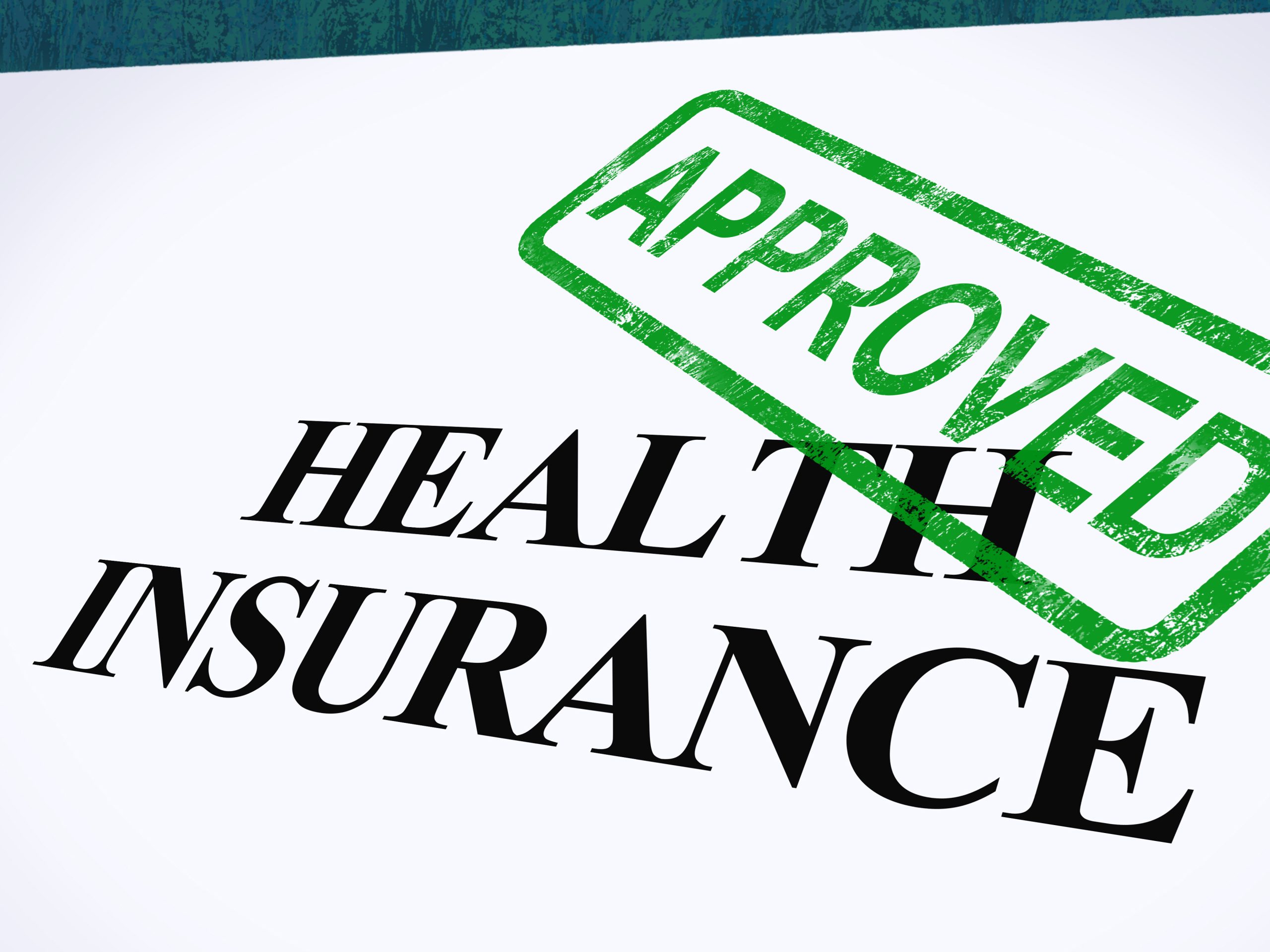
Many people erroneously believe that venous insufficiency, the cause of varicose veins, is not covered by medical insurance. The reality is that vein care is indeed covered by medical insurance, and that is a good thing, because venous insufficiency is an important condition to treat and not ignore it when it occurs. In this blog post, John D. Horowitz, MD, FACS, one of the best vascular surgeons in Orlando and founder of the Central Florida Vein & Vascular Center, takes on this misperception and explains, not only why vein care is covered by medical insurance, but also why many people mistakenly think it is not.
Do you think varicose veins are simply a cosmetic concern? Varicose veins aren’t merely a vanity issue like wrinkles and gray hair. No, varicose veins are most certainly a medical condition with related serious symptoms that can include bleeding, pain, heaviness, swelling, cramping, and ulcerations, and, in some cases, varicose veins can lead to life-threatening disorders such as deep vein thrombosis (DVT).
Because of these symptoms, as well as how they can affect a patient’s quality of life, the governing bodies determining medical benefits coverage, the Centers for Medicare and Medicaid Services (CMS) and most private insurers, have allowed the coverage of vein care procedures for varicose veins.
Now note that there is a huge difference between varicose veins and spider (or superficial) veins. Varicose and superficial veins are two completely different things.
The causes of these two distinct types of veins have some similarities and some differences. Weak or damaged vein valves sometimes fail in their function as a one-way flap to stop blood from flowing backwards as it moves through the legs. When this happens and the blood pools up in the legs, it is called venous insufficiency. Veins are called varicose when they are enlarged by this backed-up blood.
In contrast, the backup of blood in superficial veins is usually caused by injury, hormonal fluctuations, or too much sun. Accordingly, superficial veins are not nearly as medically serious as varicose veins.
There are two innovative treatments that are among the minimally-invasive procedures that are covered by medical insurance: laser ablation therapy and sclerotherapy.
There are different types of ablation (surgical removal) treatments that employ lasers or radio waves to cause a thermal reaction to seal a varicose vein. A vascular surgeon makes a small incision in the skin near the varicose vein and inserts a small catheter with a heating device on the end. The heat then seals off the vein. In most cases, ablation procedures are performed in a doctor’s office on an outpatient basis while the patient is under a local anesthesia. The recovery time for an ablation procedure typically is very short.
Central Florida Vein & Vascular Center specializes in a type of ablation therapy known as endovenous laser treatment (EVLT). With EVLT, an ultrasound device is used to precisely navigate varicose veins. There is minimal pain with EVLT, and patients typically return to their normal routine within a day.
Sclerotherapy is another type of treatment for varicose veins. With this technique, a liquid chemical (or sclerosant) is injected by needle. The sclerosant causes the vein to seal off but has no other effect on the patient being treated. After the varicose vein closes off, the patient’s body simply absorbs it. As with ablation treatment, there’s no pain or scarring. In most cases, the sclerotherapy process requires two to three treatments.
Central Florida Vein & Vascular Center performs a state-of-the-art ultrasound-guided foam sclerotherapy. As with EVLT, the ultrasound device helps the vascular surgeon to work with pinpoint accuracy. This is a highly successful treatment option that produces impressive long-term cosmetic outcomes.
All major private healthcare providers – including Aetna, Cigna, Humana, United Healthcare and Anthem (formerly known as WellPoint, and more commonly called by its consumer-facing names Blue Cross and Blue Shield) – typically will pay for varicose vein treatment, with a few important caveats: Patients must be:
What’s more, in addition to the patient meeting these criteria, he or she also must then go through traditional therapy first (compression stockings, weight loss if appropriate, etc.). The good news is that after all these preliminary steps are completed, and if the patient is still suffering from varicose veins, then most medical insurance organizations will then authorize ablation therapy or sclerotherapy.
Of course, it’s important to point out the prevention is the best course of action if it is not too late for that. Exercise is the best way to prevent vascular issues and maintain vein health, and it is good even if varicose veins are already present. Exercise can relieve discomfort caused by existing varicose veins and reduce the odds of getting more.
But for varicose vein treatment, remember that only care delivered by a vascular specialist can eliminate varicose veins. So if you have varicose veins, go to Central Florida Vein & Vascular Center for your care. To learn more about varicose veins or to schedule a consultation with the best vascular surgeon in Orlando, call the varicose vein treatment experts at Central Florida Vein & Vascular Center at 407-545-3385, or contact them online.